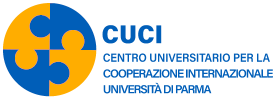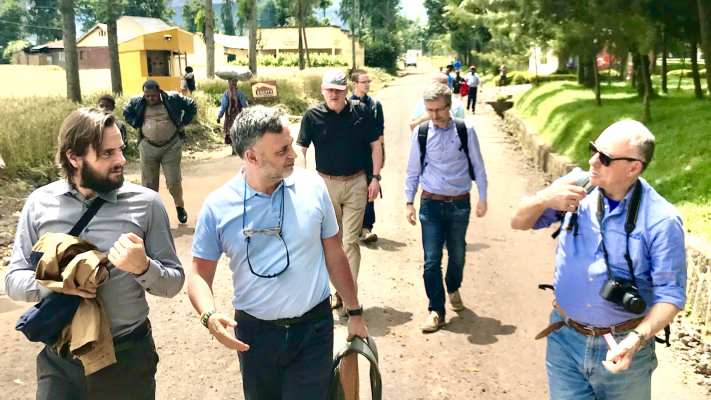Rwanda
|
Rwanda is a small landlocked country and is the most densely populated African country; it has an estimated population of 12.2 million people that grows by 2.3% per year. About 19% of the population lives in urban areas. A great part of Rwandans is into agriculture with the majority being poor subsistence farmers1. In 2016 Rwandan population between 15 and 24 years old was of 19.29%, GDP (Gross Domestic Product) per capita was 1,758 US-Dollars, the economic growth was equal to 7.01%, the spending for education equal to 5.03% of the GDP, of which 14.02% for tertiary education2. Rwanda has a literacy rate of about 70.4% of the total population with the female literacy around 64.7%, even if education in Rwanda still falls below expectations compared to other countries in Africa. Despite the abundance of natural resources, a huge portion of the population still lives below poverty line. Poverty is worse in the rural areas, where the majority of the population lives. Although the country is healing physically, the psychological effects of the 1994 genocide, which resulted in the deaths of over 800,000 innocent people, remain quite fresh in the minds and souls of many Rwandan today. The genocide has destroyed not only infrastructures and families, but also the human and intellectual capital of Rwanda, even in the academic field1. [1] https://www.africaw.com/major-problems-facing-rwanda-today |
||||||||
|
|
|
|||||||


